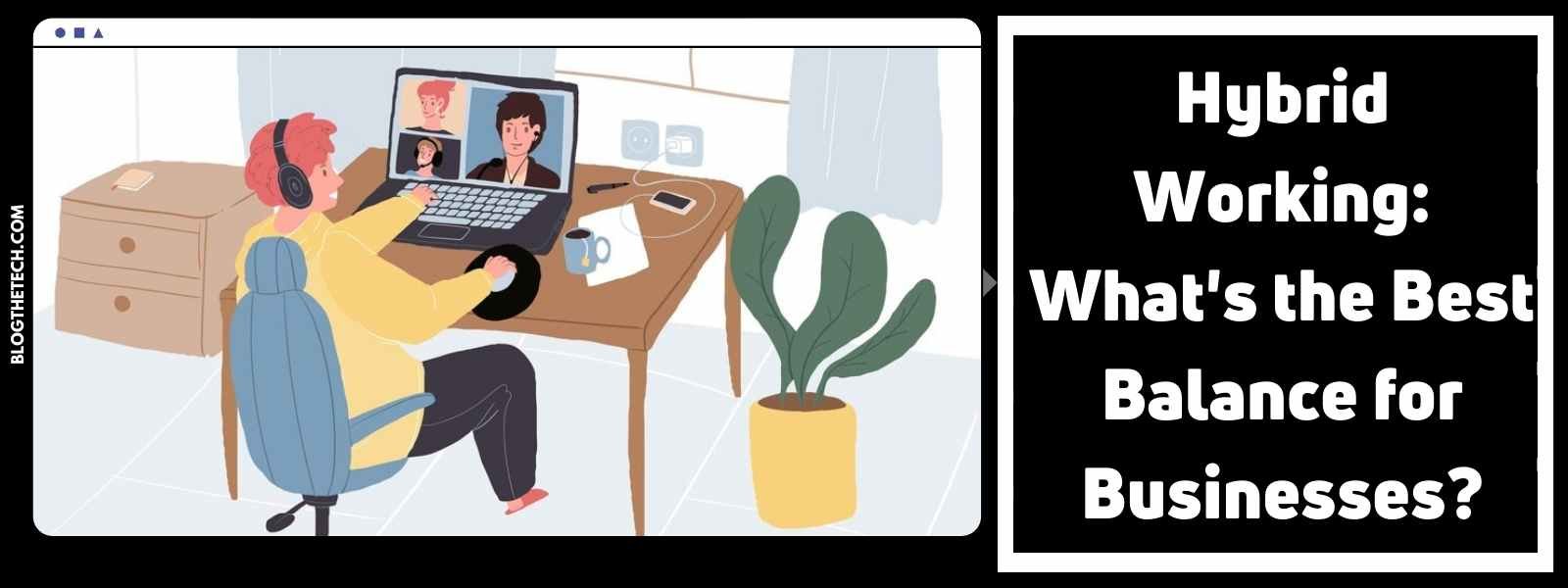Many industries have been revolutionized by AI, and job markets are no exception. With the advent of AI-driven tools, job seekers can now find employment opportunities that are in line with their competences and work experiences, thus altering their approach to job searching. Lensa is one such AI-powered platform that makes job searching quicker and more personalized.
Lensa AI uses its own algorithms.
The Lensa platform employs artificial intelligence to match job seekers with perfect jobs; hence, you no longer need to conduct manual job searches, which may take time or leave you feeling low. Moreover, its systems continue to learn from user interactions, making them better at job matching over time.
AI and Job Board
The idea of job boards is not new, but life has been breathed into them using AI. Job-seekers may have a hard time finding positions that suit their qualifications on such sites because they host a lot of job postings. Additionally, Lensa stands out from other job boards by integrating AI into its platform, which makes job hunting more personalized and rapid. Therefore, it is convenient for those of you who are struggling to get the best job amid harsh economic times.
How Lensa AI Has Changed Hiring and Recruitment Processes:

AI has found its way into almost every field, and hiring is no different. This shows that AI has the potential to enhance and automate some parts of the hiring process, making it more efficient for businesses to find the right employees they need.
This part will discuss how AI affects hiring and recruiting, including how it could cause bias, among other things.
AI and Unfairness in the Job Market
Nevertheless, even though AI has some advantages when it comes to hiring, it could introduce bias. Such bias may come from algorithms as well as data sets that are used in rating and ranking candidates. Additionally, if the data is not diversified enough, then AI may make the hiring process even more unequal.
As a way of ensuring that their AI tools remain transparent and fair to everyone during recruitment, employers have to do something else. On the same grounds, it is crucial that AI algorithms always be monitored and refined in order to avoid bias and uphold diversity.
Effects on the Loss of Jobs
AI technologies possess the capability to carry out recruitment tasks automatically, making it a concern among HR professionals that AI might take away their jobs. With improvements in AI technology, there are possibilities of handing over some hiring roles to it. In spite of this, AI cannot totally replace recruiters but rather assist them in decision-making, leaving strategic and high-level tasks like enhancing candidates’ experience and nurturing talents for employees when used by recruiters.
Using AI to Assist People in Finding Jobs
More and more organizations are using artificial intelligence (AI) to provide better job suggestions and link potential job seekers to good jobs. These AI-powered platforms are able to establish patterns and evaluate compatibility while making personalized job recommendations based on data collected both from employers and job seekers.
If the technology behind AI improves further, then it will be easier to communicate with job recruitment platforms in time. This will be beneficial for everyone who is searching for a job.
In conclusion, AI has shown that it can bring significant improvements to the recruitment process; however, there are some concerns about unfairness and job loss, among other things. Both candidates and employers can work together in order to make the job search process more convenient and tailored to individual needs thanks to AI technology, even though it is necessary to address biases and job destruction as well.
AI and the Future of Business
AI is changing many fields.
There are many different ways that artificial intelligence changes things, including in business. This might involve automation or decision-making, which is more accurate when done by computer programs instead of humans doing these tasks on their own.
For instance, in healthcare, AI algorithms assist doctors by diagnosing diseases earlier on, leading to better health care outcomes for patients. AI-assisted robots used in collaboration with humans help enhance productivity within factories as they help avoid costly errors in production lines.
AI technologies like machine learning enable data scientists to spot patterns among a huge set of data types, generating new ideas that are useful for keeping ahead of other market competitors. Even though it is always evolving, a combination of humans and machines, including AI, is necessary for addressing complex problems within the industry.
AI and How It Will Change Jobs
As Lensa AI takes on an increasingly important role in the job market, the skills required for employment are also changing. Some jobs that used to be done manually or repeatedly could be automated, but this would not always lead to a decrease in employment opportunities. Instead, job seekers must focus on acquiring skills that complement artificial intelligence (AI) systems.
For example, employees need to be able to analyze data critically and creatively comprehend it, as well as use what has been generated by these AI systems. Additionally, the ability to combine human intelligence with illness and work together with others will remain key to maximizing this technology at the workplace.
In addition, the impact of AI on job skills can differ depending on where you are working and the field in question. Although AI might reduce entry-level jobs in certain fields, there may be more opportunities available to those who have already spent some time on the job.
Therefore, in order to adjust themselves accordingly, applicants looking out for available positions should keep improving their expertise through learning new things while at the same time gaining experience through practical placement.
In conclusion, many fields are being revolutionized by AI, as are the required working skills. In the business world, AI is fast becoming a standard feature, and therefore all employees have to embrace and continuously adapt to it if they are to remain relevant in the future market.





